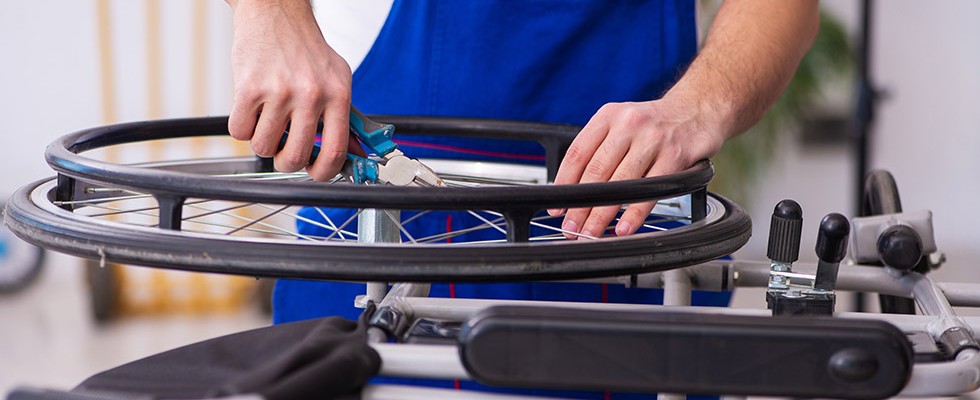
In 2023, the complex rehab technology (CRT) industry faced several challenges and opportunities for manufacturers, suppliers and consumers. The CRT industry is resilient as suppliers and manufacturers continue to change the business model to deal with issues such as supply chain shortages, labor shortages, increased state legislative activity and inflation.
The industry came together with the Independence Through Enhancement of Medicare and Medicaid (ITEM) coalition, academics, clinicians and consumers to obtain coverage for seat elevation, which is the first major product to be covered in at least the last 15 years. This creates a great opportunity for suppliers, manufacturers and especially consumers to obtain this incredible product that will help change their lives. We also saw the introduction of the Choices for Increased Mobility Act of 2023 (HR 5371) at the federal level, which would allow consumers to pay to upgrade their manual wheelchairs to titanium or carbon fiber material.
In 2023, the industry also worked on 15 legislative bills at the state level; it was an unprecedented number, as we worked on just two state bills in 2022. The bills were focused on repair and service issues as consumers want to get their equipment repaired quickly. The industry educated consumers and legislators about the present inefficient repair system and provided information about the issue’s complexity. The one thing that was very apparent to all stakeholders is that this is a multifaceted problem that will need to be reformed. The industry continues to work with consumers, legislators and other stakeholders to educate and identify solutions that will provide real relief for consumers, suppliers and manufacturers.
With a busy 2023 behind us, what do we have to look forward to in 2024? I am generally a very optimistic person, and I believe that 2024 will create a lot of opportunities to pass genuine service and repair reform, finalize the coverage and payment for seat elevation, begin the process and successfully gain coverage for power standing, and provide reimbursement relief for suppliers to eliminate unfunded mandates around travel and assessment.
Service & Repair Reform
The National Coalition for Assistive and Rehab Technology (NCART) is working with an incredible group of stakeholders to get language introduced in various states that will provide a multifaceted solution for service and repair reform. We will no longer accept just putting a bandage on the problem. We want to reform the system so that consumers can get their equipment repaired quicker and suppliers paid for all the services provided.
Before the public health emergency (PHE), the repair system was inefficient and had too many regulations, which slowed the process. The PHE created supply chain issues and labor shortages that broke the process. NCART and our members are focused on fixing it properly, with a focus on the consumer.
Seat Elevation & Power Standing
NCART and the industry expect a final decision from the Centers for Medicare & Medicaid Services (CMS) on the permanent coding and pricing for seat elevation in February; it should go into effect April 1.
Our work is not done, however. We must focus on opening the national coverage determination (NCD) for power standing. NCART is proud to continue to work with the ITEM Coalition, manufacturers and the Clinician Task Force to gather additional clinical information to support coverage, coding and market-based pricing for
power standing.
Reimbursement Issues
While NCART is focused on protecting CRT suppliers and manufacturers from legislation and regulations, we understand the pressures that the industry is facing on the reimbursement front. A fixed fee schedule model places all the risk on the suppliers and manufacturers who have had to deal with ever-lingering inflation, forcing them to look at changing their business model. This model, and the fact that CRT suppliers must deal with the unfunded mandates of travel to the consumer’s home along with non-coverage for assessment time, must be addressed to ensure the future financial health of suppliers and manufacturers.
The CRT industry is one of the only industries that is not paid for travel time, and this has created a substantial financial burden on suppliers as they continue to offer in-home repair services for about 80% of their customers.
NCART is working to include funding for travel and repair assessment time in the repair and service bills that we have proposed.
NCART stands ready to take on these challenges and opportunities to create a positive outcome for manufacturers, suppliers and consumers this year. We are very appreciative of our members and will continue to make investments to create a vibrant marketplace for all complex rehab companies in 2024.
We ask you to join in the fight! If you have any questions or to learn more about NCART, contact me at wgrau@NCART.us
